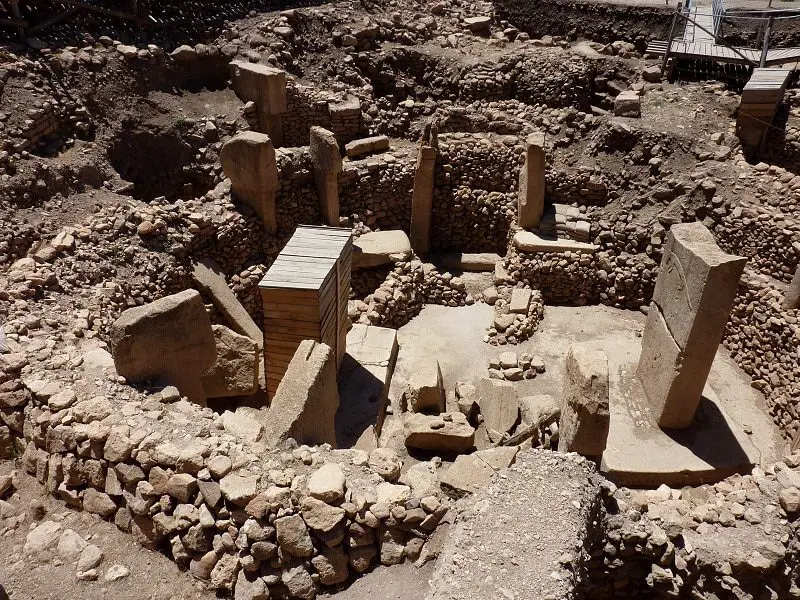

Archaeological excavations have long captivated the human imagination, offering a tangible connection to our past and providing invaluable insights into ancient civilizations. This article delves into the world of archaeological digs, exploring the methods, challenges, and exciting discoveries that define this field of study.
Archaeological excavation systematically involves uncovering and documenting artifacts, structures, and other remnants of past human activity. This meticulous work requires patience, attention to detail, and a deep understanding of various scientific disciplines.
Before any digging begins, archaeologists must:
Archaeologists employ various techniques to expose and preserve archaeological remains carefully:
Archaeological excavations rely on a combination of traditional tools and modern technology:
| Traditional Tools | Modern Technology |
| Trowels | Ground-penetrating radar |
| Brushes | LiDAR scanners |
| Shovels | Aerial photography |
| Sieves | 3D modeling software |
Stratigraphy, the study of rock layers and layering, is crucial in archaeology. It helps archaeologists:
Accurate documentation is essential in archaeological excavations. This includes:
Archaeological digs face numerous challenges:
Throughout history, archaeological excavations have uncovered remarkable finds that have reshaped our understanding of the past:
Discovered in 1974 near Xi’an, China, this vast collection of life-sized clay soldiers guarding the tomb of Emperor Qin Shi Huang provides insights into ancient Chinese military practices and artistry.
The excavation St George of Pompeii, buried by the eruption of Mount Vesuvius in 79 AD, has given archaeologists an unparalleled glimpse into daily life in a Roman city.
Howard Carter’s discovery of the boy king’s intact tomb in 1922 revolutionized our understanding of ancient Egyptian burial practices and royal treasures.
Advancements in technology have transformed archaeological excavations:
As archaeology continues to evolve, ethical considerations have become increasingly important:
Engaging the public in archaeological excavations has become a priority for many projects:
As we look to the future, several trends are shaping the field of archaeological excavation:
Archaeological excavations continue to captivate researchers and the public, offering a unique window into our shared human history. As technology advances and ethical considerations evolve, archaeology is poised to make even more groundbreaking discoveries in the years to come. By carefully unearthing and interpreting the remnants of past civilizations, archaeologists help us better understand our origins and the complex tapestry of human culture that has unfolded over millennia.
Post Preview Table of Contents Introduction Understanding E-Cigarette Aerosol Composition Formation of Harmful Byproducts Presence…
A business can develop in many ways. One of the best ways to grow your…
American families are once again juggling the seasonal custom—and financial burden—of back-to-school shopping as the…
Want to bond over unexpected activities? Look at these unconventional ways to connect with your…
Burnout isn’t just something that happens to CEOs. For moms homeschooling littles, it’s a very…
When it comes to long-distance motorcycling, comfort, reliability, and smart engineering can make or break…